
For medical equipment distributors, dealers, and procurement professionals, understanding what the autoclave is used for is crucial in recommending and supplying the right solutions to clients in healthcare, laboratories, industrial, and commercial settings. This guide explores the diverse uses and applications of autoclaves, offering practical insights for selecting the right equipment for every need.
Autoclaves play a vital role in healthcare settings because they help maintain patient safety through sterilization which meets regulatory requirements.
Autoclaves are commonly used in healthcare facilities for sterilizing surgical instruments. During medical procedures scalpels, forceps, scissors, clamps, and retractors come into contact with blood tissue and bodily fluids. Autoclaving removes all bacteria, viruses, fungi, and spores from surgical instruments before they can be reused again which lowers the chance of surgical site infections and prevents cross-contamination.
Autoclaves enable the rapid and efficient processing of multiple surgical instruments at once.
Sterilization of instruments can apply to both wrapped and unwrapped forms based on facility protocols.
The high-pressure steam cleans both intricate instruments and hinged devices through deep penetration to achieve total sterilization.
A variety of potentially infectious waste items such as used bandages, gloves, gowns, and disposable instruments are produced by hospitals in large quantities. Before disposal medical waste undergoes sterilization through autoclaves to become safe and non-infectious.
Autoclaving medical waste diminishes the potential for environmental contamination and disease spread.
The procedure meets all requirements of both local and global waste management standards.
Supports sustainable and responsible healthcare operations.
Research and diagnostic laboratories rely on autoclaves to create sterile conditions which are necessary for producing accurate results while ensuring safety for laboratory personnel.
Autoclaves serve as essential tools in research settings to sterilize laboratory glassware alongside media and equipment. All laboratory equipment such as beakers, flasks, test tubes, culture media, and pipettes must remain contaminant-free to guarantee reliable experimental results.
Autoclaving prevents contamination of cultures and experiments.
Suitable for sterilizing reusable laboratory tools.
Essential for compliance with laboratory safety standards.
Microbiology labs frequently handle pathogenic microorganisms. Sterilization of biohazardous waste along with contaminated materials and culture media occurs through autoclaving to stop harmful agents from accidental release.
Ensures biosafety by inactivating dangerous pathogens.
Facilitates safe disposal of infectious waste.
Adherence to biosafety regulations and standards demands this requirement.
Autoclaves serve multiple industrial and commercial purposes outside their applications in healthcare and laboratory settings.
The food industry uses autoclaves known as retorts to sterilize canned foods and beverages. The sterilization procedure eliminates spoilage-causing microorganisms thereby prolonging food storage life and guaranteeing safety for consumption.
Autoclaves sterilize low-acid food items including vegetables, meats and dairy products.
Ensures compliance with food safety regulations.
Maintains product quality and safety for consumers.
The autoclaves in tattoo parlors, piercing studios, and beauty salons serve the purpose of sterilizing reusable instruments like needles, forceps, and scissors. Autoclaves help prevent hepatitis and HIV transmission through proper sterilization of medical tools.
Essential for client safety and regulatory compliance.
Demonstrates professionalism and commitment to hygiene.
Personal care businesses can establish and maintain trust and a good reputation among clients through autoclave sterilization practices.
The selection of the autoclave should be based on the application requirements along with the volume and regulatory standards. Here are key factors to consider:
Solid Instruments: Standard autoclaves are suitable.
Liquid loads require specific autoclave cycles to avoid boiling over.
Effective steam penetration through porous loads requires the use of vacuum-assisted autoclaves.
Assess the number of items that need sterilization during each autoclave cycle.
Select a chamber size that aligns with your facility’s operational needs.
Today’s autoclaves provide programmable cycles and data logging features along with printouts to meet regulatory requirements.
Ensure the autoclave has pressure-release mechanisms and door interlock systems along with automatic shut-off capabilities for optimal safety.
Provide access that facilitates routine maintenance and ensure dependable technical support.
Ensure your autoclave satisfies all relevant local, national, and international industrial standards.
Understanding what the autoclave is used for is essential for anyone involved in the distribution, procurement, or use of medical and laboratory equipment. Autoclaves are versatile, reliable, and indispensable tools for sterilization across healthcare, laboratory, industrial, and commercial settings. They protect public health, ensure regulatory compliance, and support safe, efficient operations.
For distributors and procurement specialists, matching the right autoclave to your clients’ needs is a mark of expertise and quality service. Stay informed, prioritize safety, and partner with trusted manufacturers to deliver the best solutions for every application.
Autoclaves in hospitals are primarily used for sterilizing surgical instruments, medical devices, and hospital waste to prevent infection and ensure patient safety.
They sterilize glassware, culture media, and biohazardous waste, maintaining a contamination-free environment for accurate research and diagnostics.
Yes, autoclaves (retorts) are widely used in the food industry to sterilize canned foods and beverages, ensuring product safety and longevity.
Consider the type of load, capacity, control features, safety mechanisms, maintenance needs, and compliance with industry standards.
Absolutely. Autoclaves are essential for sterilizing reusable tools, protecting clients from infections, and complying with health regulations.
Viz Co dělá autokláv? a How to Use an Autoclave Safely for detailed guides.
Are you a distributor, dealer, or procurement specialist seeking reliable autoclave solutions for your clients? Kontakt Keling Medical for expert advice and premium autoclave equipment!
E-mail: inquiry@shkeling.com
WhatsApp: +8618221822482
Webové stránky: https://autoclaveequipment.com/
Our team is ready to support your business with industry-leading products and professional guidance. Reach out today to discuss your needs!
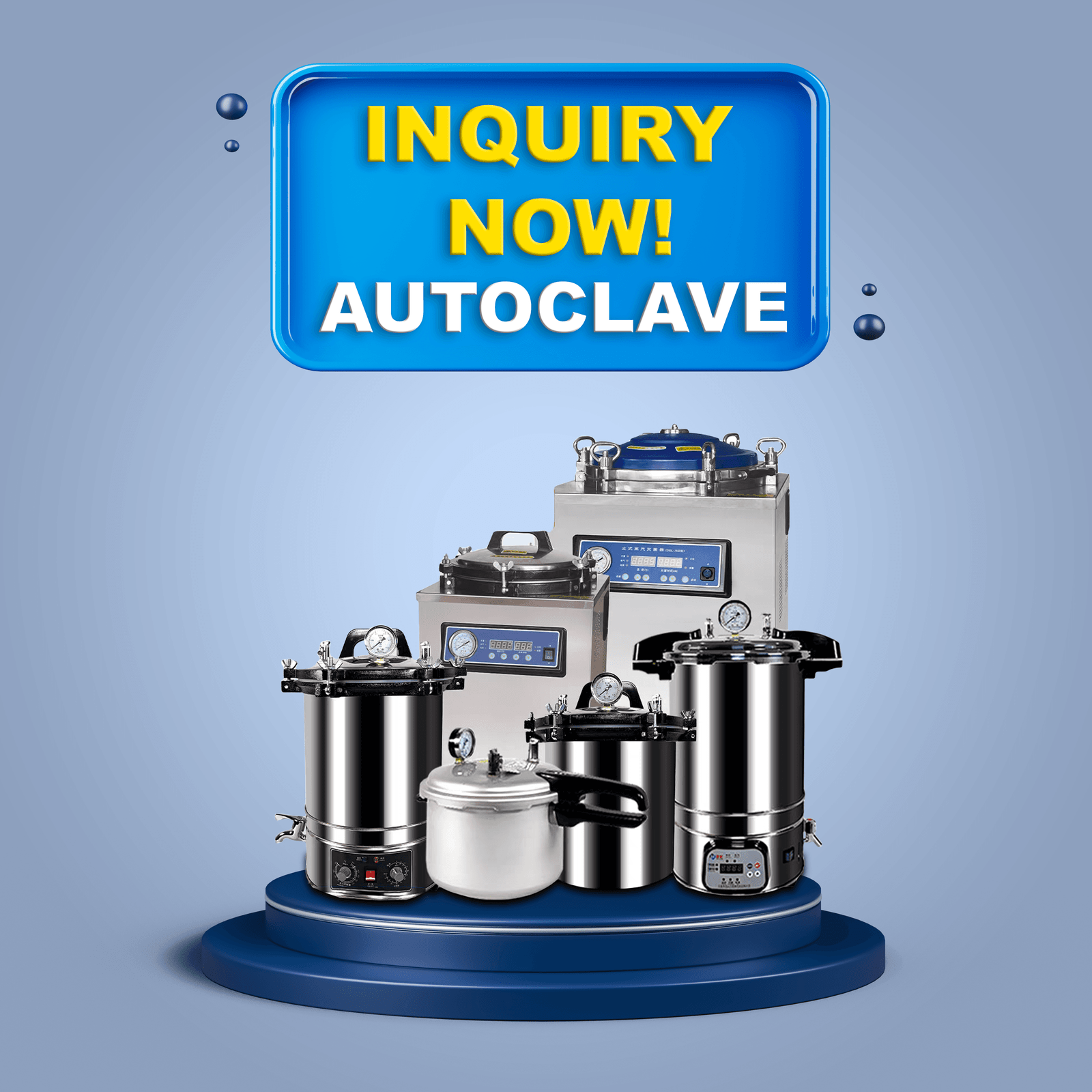
Ve zdravotnictví a laboratořích je třeba upřednostnit úplné odstranění nebezpečných mikroorganismů ze všech zařízení a materiálů, což je zásadní krok v ochraně bezpečnosti pacientů a kontrole infekcí. Sterilizace v autoklávu
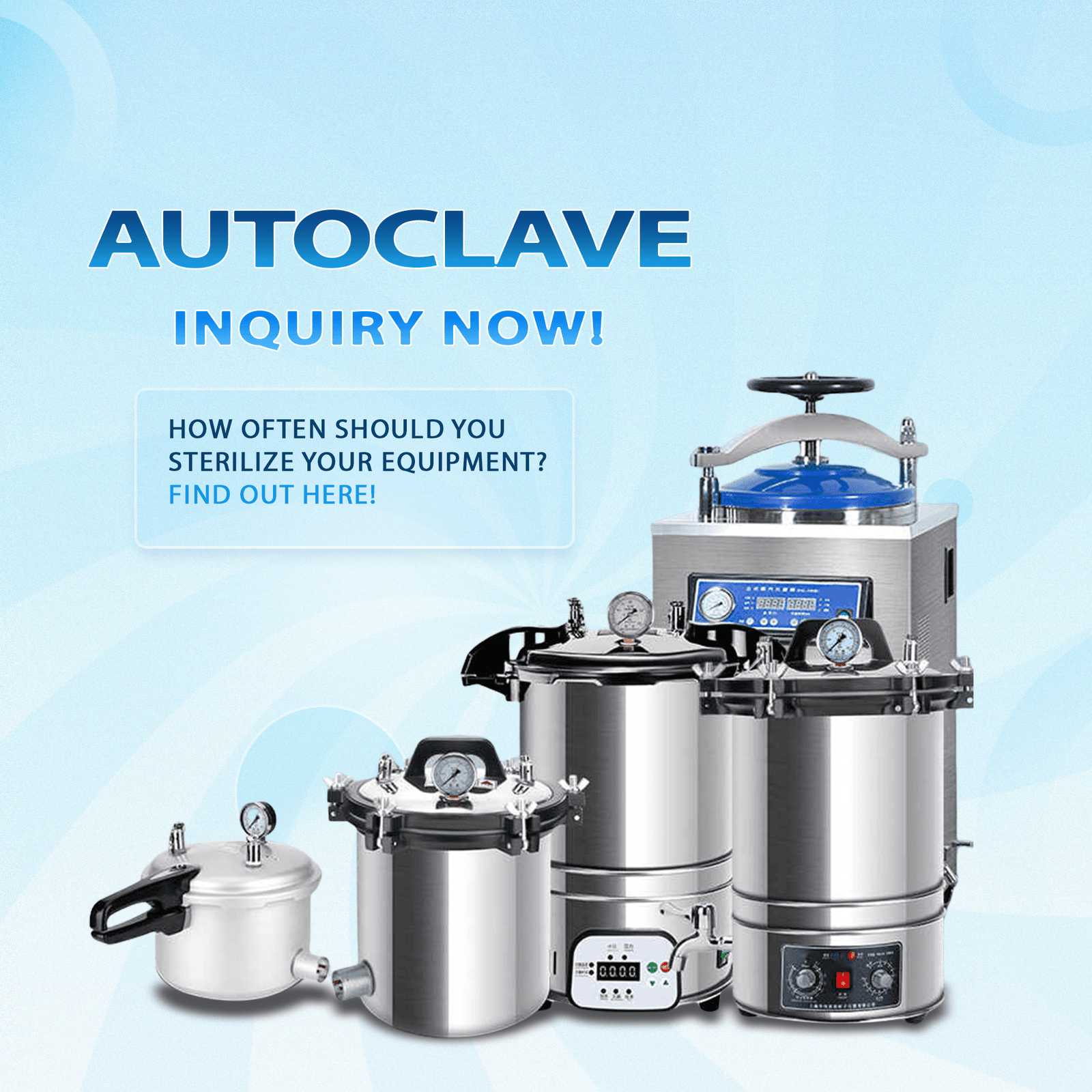
Zdravotnictví se řídí přísnými předpisy a vyžaduje sterilitu lékařských nástrojů, aby byli pacienti chráněni před infekcemi a byly dodrženy bezpečnostní standardy. Výkonný autoklávový sterilizátor tvoří základní součást systému.
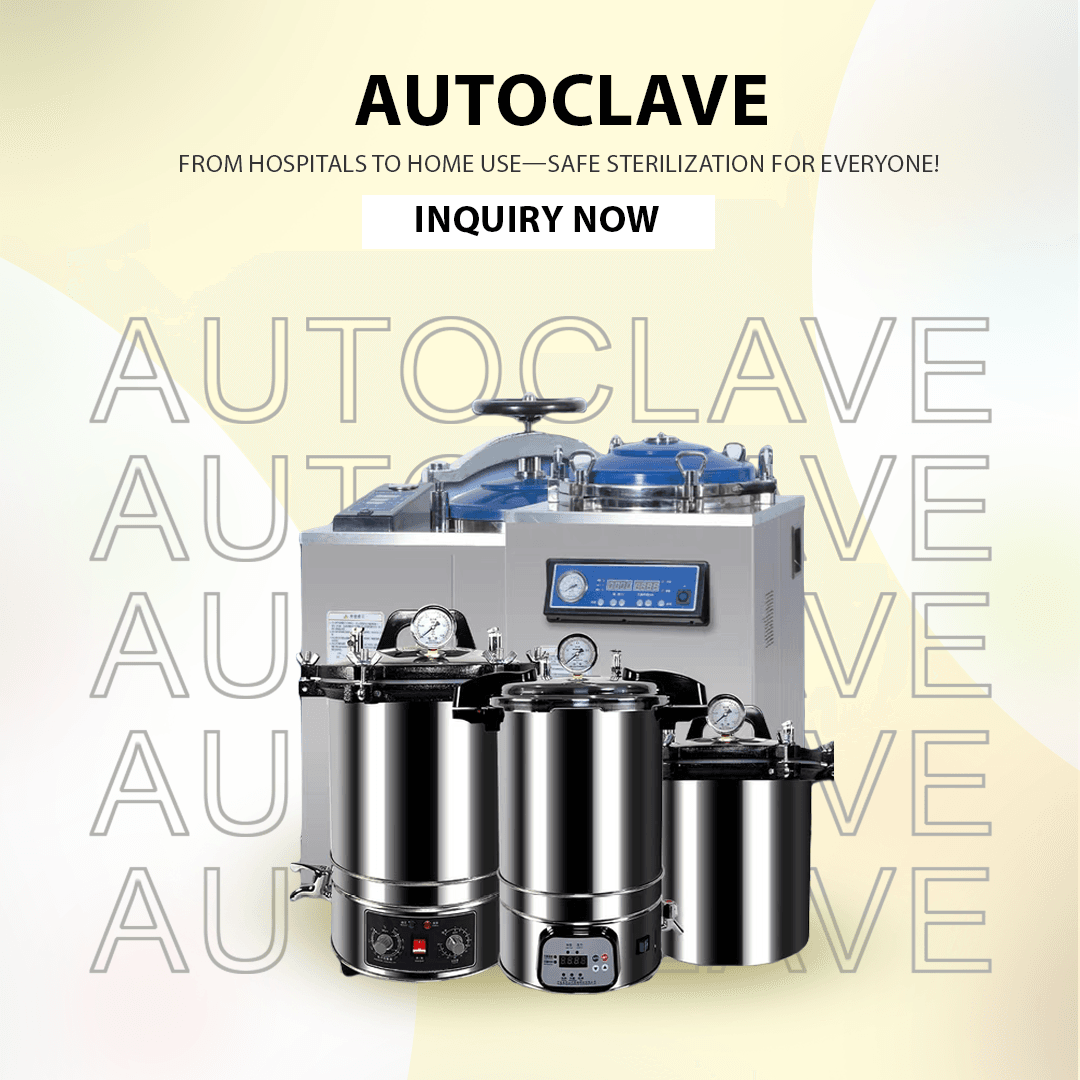
Autoklávy mají ve zdravotnictví zásadní význam, protože sterilizují lékařské nástroje a materiály, což pomáhá kontrolovat infekce. Pravidelná údržba spolu se správným čištěním rozhoduje o tom, zda budou tato zařízení účinně fungovat. Zdravotnické
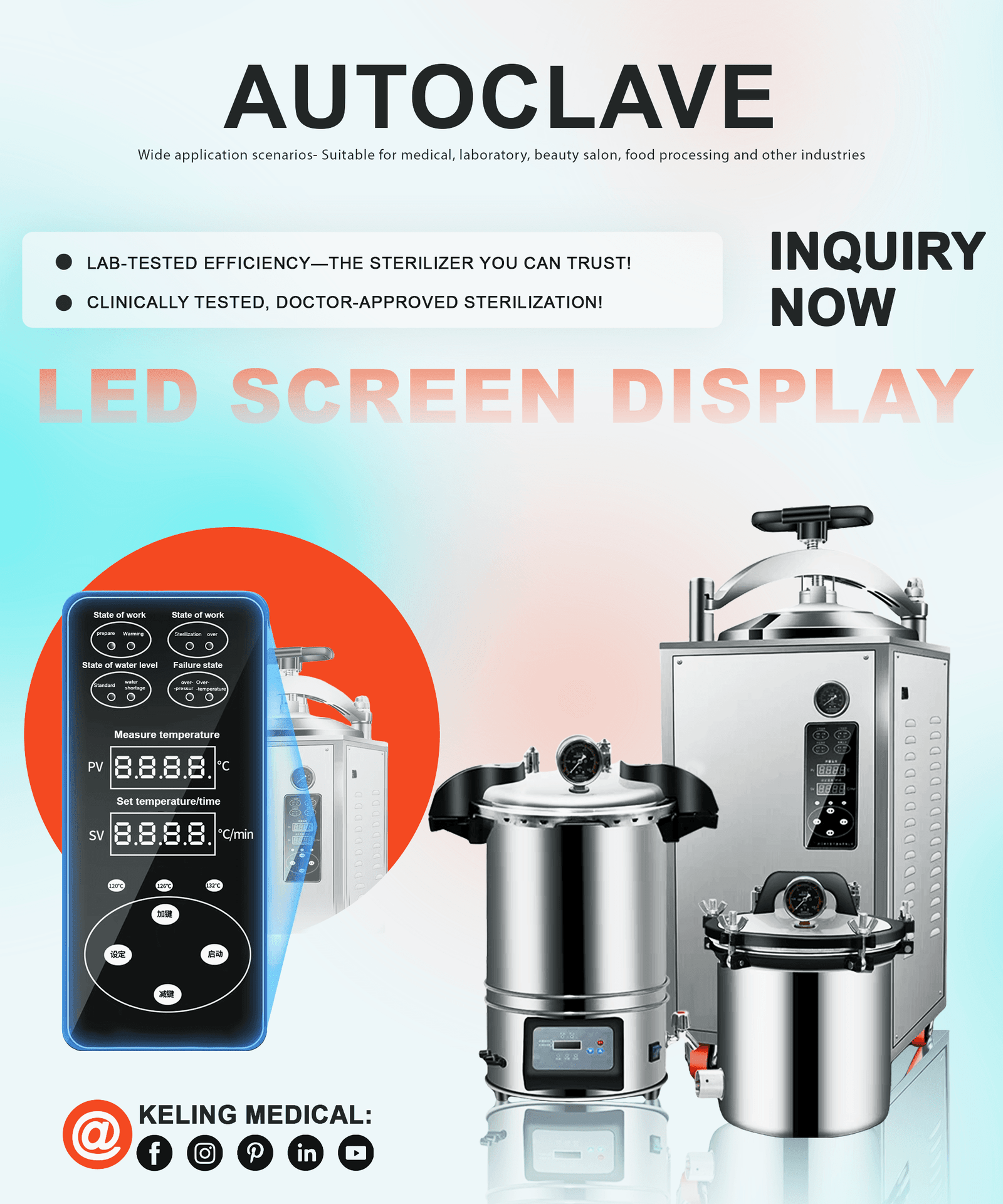
Autoklávy jsou základním vybavením ve zdravotnictví a při kontrole infekcí, které slouží k udržování sterilních podmínek lékařských nástrojů a laboratorního vybavení a dalších životně důležitých materiálů. Dodavatelé zdravotnického vybavení a odborníci na nákup
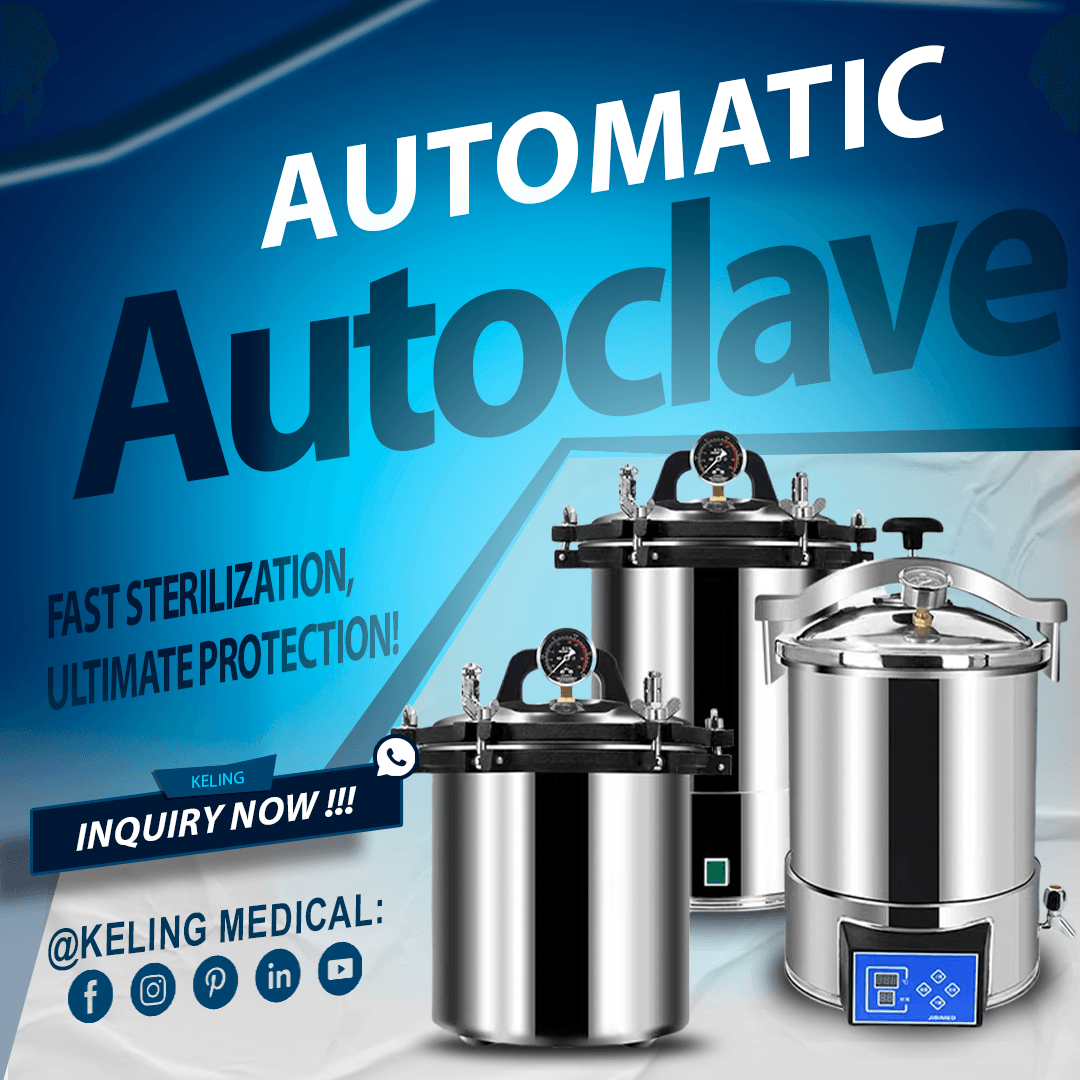
Poskytovatelé zdravotní péče musí upřednostňovat sterilitu nástrojů a materiálů, aby účinně zabránili infekcím a chránili zdraví pacientů. Sterilizace v autoklávu se ukazuje jako mimořádně spolehlivá metoda, která nachází široké uplatnění napříč celým světem.

Zdravotnictví vyžaduje přísná opatření pro kontrolu infekcí, a proto jsou pro zajištění bezpečnosti a hygieny zásadní určité podmínky a nástroje. Ve zdravotnických a laboratorních zařízeních, která vyžadují sterilní podmínky.